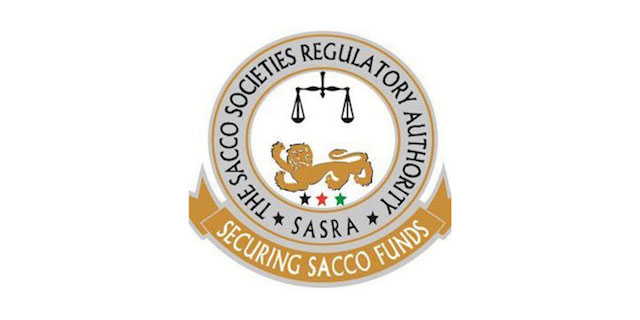Cash-strapped Sacco Societies Regulatory Authority (SASRA) recorded a significant drop in its performance with a deficit of KSh 51,494,563 at the end of its last financial year.
A statement of the financial performance of SASRA, for the year ended 30th June 2018, appears in Kenya Gazette Notice Vol. CXXI-No 140, dated 18th October, 2019.
While the regulator’s revenue was KSh 345.9 million, operational expenditure was KSh 397.4 million, resulting in this deficit, for the period under consideration.
This financial performance comes in the wake of severe budgetary support from the National Treasury, which has been dwindling for the past 5 years. In the financial year ended 30th June, 2018, cash flow from operating activities were significantly affected. Grants and subsidies from Government fell from KSh 168,207,000 in the 2016/17 period to KSh 83,009,000 last year.
While donor support was not factored in the 2017/18 budget, SASRA received KSh 40,061,073.00 in external donors to fund its recurrent expenditure.
SASRA had budgeted to internally generate revenue to the tune of KSh 15.5 million but ended up with KSh 638,600, a difference of KSh 14,861,400. Grants from the Government had been budgeted at KSh 300 million but the regular received KSh 270 million, leaving a shortfall of KSh 30 million.
Although the regulator had budgeted KSh 71 million for installation and running of its Risk-Based Supervision Software and other ICT infrastructure, it only spent KSh 638,600.
Its corporate image, communications, governance and publicity budget was KSh 21 million, exceeding the budget by KSh 1.9 million.
Subdued financial performance at SASRA comes in the wake of budget cuts from the state as well as resistance from industry lobby groups on its attempts to increase levy charged on all deposit-taking Saccos- based on total deposits held by a financial co-operative.
While SASRA has been planning to increase the Sacco levy from the current 0.1 per cent to 0.125 per cent and progressively to 0.175 per cent, threats from the Sacco industry has persuaded it otherwise.
The regular has proposed that this new levy to be paid based on deposits held in any Deposit-Taking Sacco that operates a Front Office Service Activity (FOSA), at the rate of 0.125 per cent of the total deposits as indicated in the last audited financial statements. This is subject to a maximum of KSh 10 million per annum.
The decision by SASRA to increase the Sacco levy is informed by dwindling financial support from the Exchequer to fund its budget and operations.
Figures indicate that funding from the state to SASRA, which is a parastatal, has been declining for the past six years.
SASRA needs cash to fully roll out its Risk-based Supervision module and increase capacity to supervise non-deposit-taking Saccos, who will be under its radar if the proposed law on these societies is passed into law. The three-year window that Treasury uses to fund state agencies such as SASRA, has already shut.
At present, SASRA is financially constrained and could encounter more difficulties if all non-deposit taking Saccos are also brought under its ambit.




